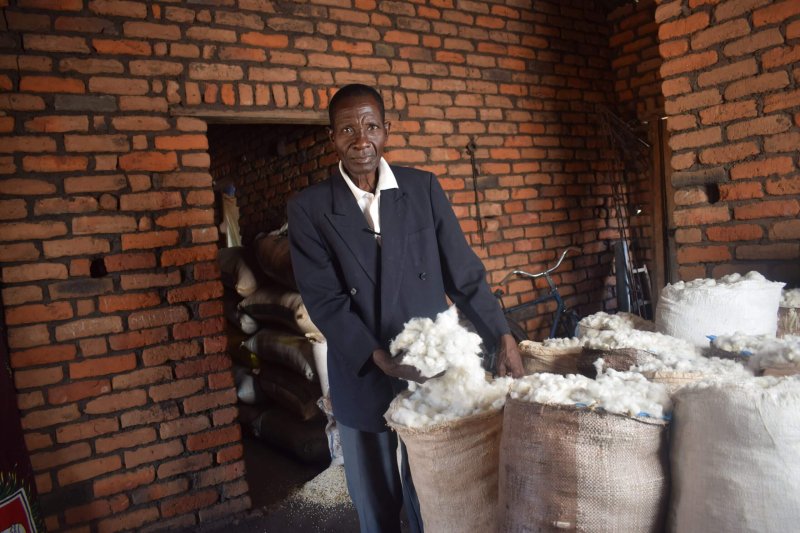The National Commission for Science and Technology (NCST) says Bt cotton – a genetically modified variety – has improved farmers’ yield by 100 percent.
NCST Chief Research Services Officer, Lyson Kampira, said since the introduction of Biotech cotton, the yields for farmers who adopted the seed have been increased to 800 kgs per hectare from 400 kgs per hectare which is a big improvement.
“Cotton research biotechnology started in 2012 and today as we speak GM cotton produced through biotechnology has now reached farmers in Malawi. So the yields have been increased from 400 kgs per hectare to 800 kgs per hectare. Biotech cotton was introduced to reduce cost of production through reduced application of pesticides as it has resistance to some pests while producing more cotton fibre for improved yield,” said Kampira.
…
“Challenges facing agriculture include pests, insects, diseases and also weeds and even soil issues, soil fertility is a problem. So those problems have been solved in the past by getting a strong plant and a weak plant and crossing them to get a bit stronger, young ones that can grow in the soil, in the environment but sometimes you have challenges. So biotechnology is the strength,” [said professor Abel Sefasi.]































